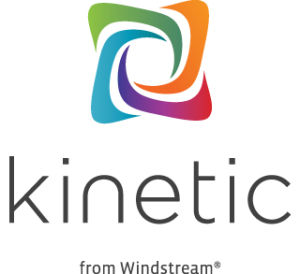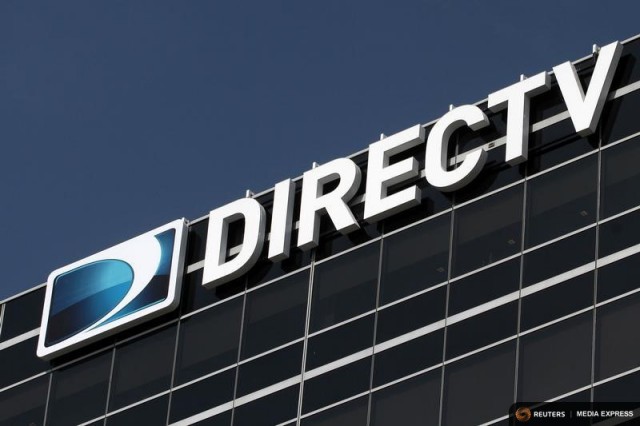“Since launch, we have consistently met our daily target numbers for installations and anticipate the number of residents interested in signing up for Kinetic to continue to grow,” Brooks said in an emailed statement. “We are very pleased with how Kinetic has been received in Lincoln.”
 Time Warner Cable owes Araceli King $229,500 after bombarding her with 153 robo-collection calls intended for somebody else.
Time Warner Cable owes Araceli King $229,500 after bombarding her with 153 robo-collection calls intended for somebody else.
A Manhattan judge on Tuesday in a summary judgment awarded triple damages amounting to $1,500 per call for Time Warner’s “willful violations” of the federal Telephone Consumer Protection Act, which forbids companies from placing unwanted calls.
King, of Irving, Tex., began receiving automated “interactive voice response (IVR)” collection calls from Time Warner on her mobile phone intended for Luiz Perez, the former owner of her phone number. In less than one year, the cable company called King more than 150 times looking for Perez, even after King told the company the phone number they were using was not correct. King sued Time Warner after the company wouldn’t stop the calls.
Even after the lawsuit reached the cable operator, it called 74 more times.
“Defendant harassed plaintiff with robo-calls until she had to resort to a lawsuit to make the calls stop, and even then TWC could not be bothered to update the information in its IVR system,” wrote U.S. District Judge Alvin Hellerstein. “Treble damages are unquestionably appropriate to reflect the seriousness of TWC’s willful violations.”

Hellerstein
Time Warner Cable has fought to have the case dismissed, claiming King cannot bring a claim under the TCPA because Time Warner was not placing automated telemarketing calls and had authorization from King to keep calling. The company also argued it did not realize it was calling the wrong number and only 70 of the calls were actually answered.
“Each of these arguments fails,” ruled an unimpressed Judge Hellerstein, who educated Time Warner that under the TCPA, “TWC violated the statute each time it placed a call using its [automated dialer] without consent, regardless of whether the call was answered by a person, a machine, or not at all.”
He told the cable company a “responsible business” would have tried harder to find Perez’s correct number. Instead, Time Warner never bothered to update its records, even after King spent seven minutes on the phone with a Time Warner representative who promised to correct the problem.
The judge called the 74 additional phone calls placed by Time Warner even after King sued the company a “particularly egregious violation of the TCPA” and demonstrated TWC “did not take this lawsuit seriously.”
King’s attorney said Time Warner made life miserable for the Texas woman, a point the judge seemed to agree with.
“We’re thrilled that Ms. King got the justice she deserves,” said King’s lawyer Sergei Lemberg. “And we’re proud every time we can hold big businesses accountable when they trample consumer rights.”


 Subscribe
Subscribe Stop the Cap! will formally participate in New York State’s
Stop the Cap! will formally participate in New York State’s 
 Comcast today officially announced speed increases for its broadband customers in the northeastern U.S. that includes a nearly 50 percent speed boost for its Blast! tier.
Comcast today officially announced speed increases for its broadband customers in the northeastern U.S. that includes a nearly 50 percent speed boost for its Blast! tier. If Windstream was hoping to make a splash with its new Kinetic IPTV service, Time Warner Cable certainly isn’t reaching for a towel.
If Windstream was hoping to make a splash with its new Kinetic IPTV service, Time Warner Cable certainly isn’t reaching for a towel. Ryan Pryor said he inquired about Kinetic, but the price quoted was slightly more than what he now pays for a similar bundle with Time Warner and would have offered a slower Internet speed. So he chose to stick with what he has.
Ryan Pryor said he inquired about Kinetic, but the price quoted was slightly more than what he now pays for a similar bundle with Time Warner and would have offered a slower Internet speed. So he chose to stick with what he has.
